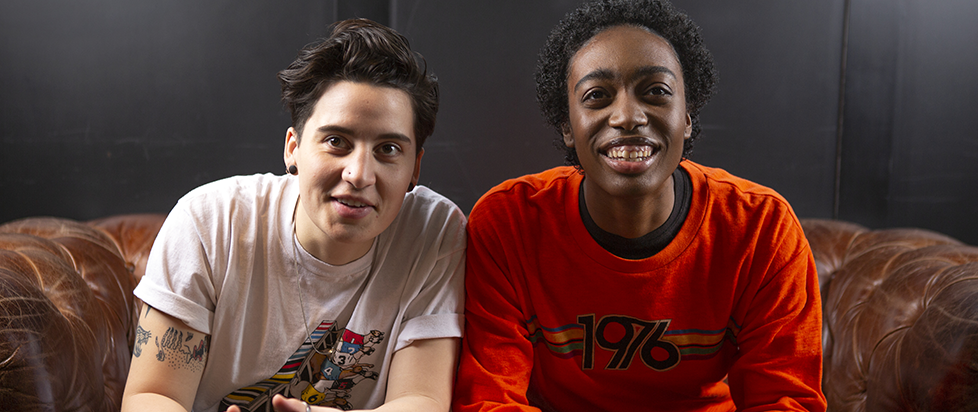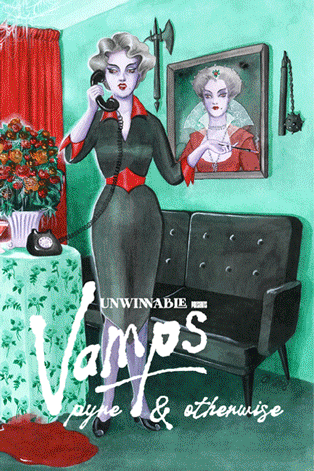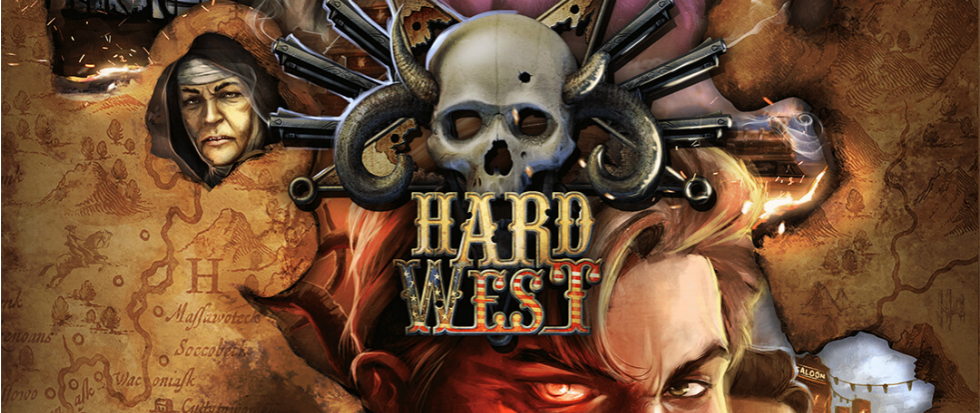
Gaymer Pride
I’ve been thinking about identities a lot this Pride month, and how they shape who we are, how we classify ourselves, and who we choose to be around. I only recently came out as gay last year, but I’ve already found myself surrounded by a community of supportive queer peeps that I can count on online. And that got me thinking about how much of my identity is wrapped up in other things, and the one constant that’s been part of me for as long as I can remember is that I love games. I appreciate them as an art form, and want to consume every interesting thing in the medium I can get my hands on. Then I realized that I also found a community centered around our shared experiences with loving games. My own experiences with these two facets of my identity manifest similarly when looked at on paper. Then why do they feel worlds different to me?
It’s probably because of Gamergate.
I keep thinking back to the vicious attacks on prominent women, LGBTQ people, and people of color in the gaming community by a group of mostly white male disgruntled self-identified “gamers.” I witnessed talented writers get chased off the internet, and cowardly editors allowing it to happen on their watch, settling for tepid statements condemning “harassment” without having the guts to name the harassers or protect their writers. This kind of harassment is nothing new to people who have been gatekept from their hobby for years before this named campaign began, but it’s safe to say that Gamergate represents the absolute worst that gaming contributes to the world.
Meanwhile, gay people – indeed, most queer people – came together as a community mostly through oppression and marginalization. Because of the very real persecution happening, the LGBT community was formed to protect itself and support each other. It’s always been about our very survival, but it also becomes a very real family, one who loves, supports, and is proud of you in ways that maybe your blood family don’t or can’t. This is an oversimplified overview of a complex concept, of course. And I confess the only discrimination I’ve personally faced is my family’s lack of acceptance of my gayness. But it’s important to understand that marginalization comes part and parcel with the queer experience.
The reason it’s important is because that’s the conceit that Gamergate douchebags give: That gamers are victims, are marginalized, because of Social Justice Warriors, diversity, and politics are ruining games and brushing proper gamers aside. One of the favorite tactics Gamergaters used was what was billed as #NotYourShield. The idea was that social media accounts that were purported to be from POC, women, and/or queer gamers to dispel the notion that the movement was nothing but angry white dudes. The truth is that #NotYourShield was exactly that: a shield, and one very often built on a lie, as most of the accounts that exclaimed this were sock puppets – a fiction controlled by someone else entirely, most likely the same angry white dude image Gamergate was trying to stave off. Their tactics were easy to see through, but also revealed their thirst for victimhood, to exist within the framework that forces around gaming were conspiring against their fantasy of what the medium is, and thus threatening them. It’s the type of circular logic that suggests that being marginalized is a desirable state of being because marginalized people get preferential treatment. It’s nonsense on its face, but it’s an idea that’s taken hold in even the rotten core of the Republican party, which has always been rotten but started using Gamergate-like tactics in the run-up to the 2016 election and beyond.
Not that I want to pretend that the LGBT community in general, and the gay community specifically, don’t have issues all their own. For instance, the Masc4Masc sentiment that exists in gay circles, which self-proclaimed masculine men will only consider dating or having sex with other men they deem masculine. Body issues plague the gay community as well, with one conventionally beautiful body type being held up as the gold standard for gay beauty and everyone else being told they need to lose weight or change their form to better fit the homogeneous mold. And I’m sure I’m leaving out some other big problems of exclusion here as well.
But there’s a big difference between being a gamer and being gay. Being a gamer comes from a hobby you develop appreciation for over time, while being gay is something that’s hard coded into your very being, something that only other queer people can fully understand. And the existential threat against the LGBTQ community is still all too real, whereas the Gamergaters of the world are but a sliver of a fraction of who can be considered a gamer. Not that anyone would necessarily want to be called that, as self-proclaimed gamers have done much to make that a toxic label.
And yet I can’t throw away the joy and solidarity that the gaming community has brought me over the years. I discovered a message board that I still frequent to this day thanks to me following certain games writers. Following these writers also got me my first writing gig, let me attend my first gaming convention, and even allowed me to meet some of them, and together with people who just plain enjoy games, I stranded together a community for myself from among those who appreciate games. The joy and connection that games have brought me is very real, and is very much a part of who I am. I can’t deny that gaming stitched together so much of the fabric of who I am.
I’m not the biggest expert when it comes to queer issues. Heck, I only came out as gay last year. But one thing I’ve learned from being part of multiple communities is the lure to lose yourself in one, and the danger of getting caught up in the more toxic currents of them. Groupthink is a thing, and it’s always wise to keep yourself honest and just be the best you that you can be regardless of what identity you’re prioritizing at any given moment. Even the best of us falls victim to the worst impulses of our respective communities, and we need to keep each other accountable.
And so I stand here today at the nexus of two different communities that shaped who I am today, one an indelible part of my very being, and the other a relentlessly positive force in my life. With my gay parts, I appreciate who I am and engage in self-care with other queer people who want me to succeed. And with my gamer parts, I look fondly on a medium that’s changed my life for the better, that has introduced me to so many people who I now call family. I just have to remember that no identity is worth losing myself to its darker tendencies.
Header image: Photo used from the Gender Spectrum Collection, taken by Zackary Drucker.





